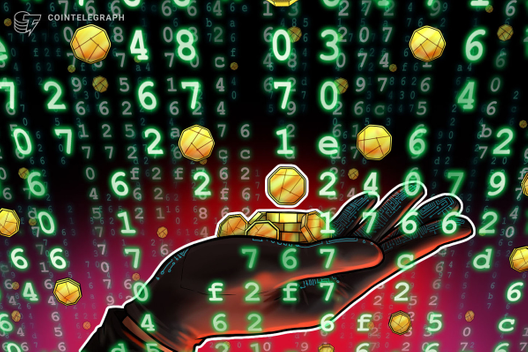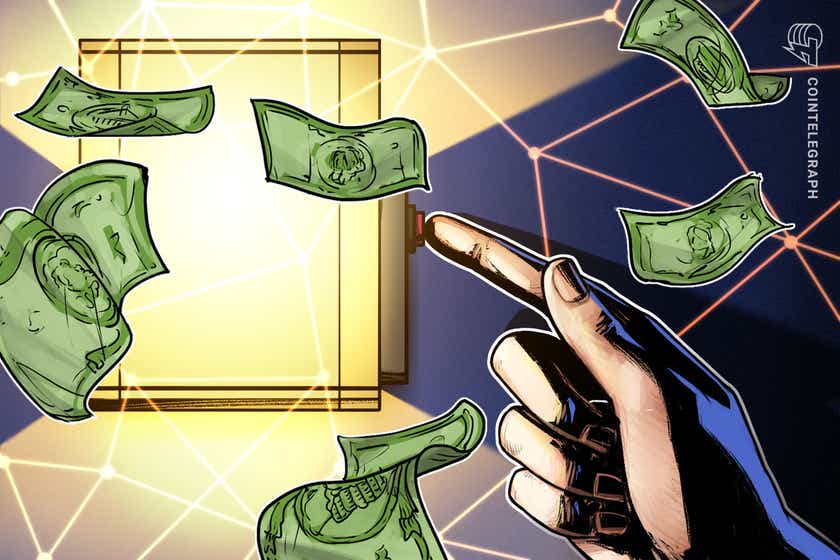American tech giant Seagate has entered the pilot stage of its blockchain project designed to fight counterfeit hard disk drives (HDD), Forbes reported on July 30.
This pilot is a part of the joint initiative Seagate and IBM launched last November. The project aims to help manufacturers, integrators and business partners to better authenticate the provenance of HDDs by using IBM’s Blockchain Platform.
According to Seagate’s data security research group managing technologist Manuel Offenberg, in the pilot IBM “is both the customer of these drives, as well as the technology provider for the underlying Hyperledger Fabric platform”.
Seagate’s blockchain is designed to improve the supply chain of hard drives and track products to the customers and back to the company in the event of a return.
Personal data protection
With this move, Seagate also intends to ensure that HDDs returned due to defects contain no customer personal data. Mentioning a so-called “certified erase” as a solution, Offenberg said that the company wants “to make sure that these devices have no PII [personally identifiable information] data on them,” adding:
“When a drive fills in a customer’s system and the drive comes back as part of its returns process, if we can prove that the drive was cryptographically erased, and therefore, the information is no longer on the device, then, from a risk perspective, this reverse supply chain can treat that device differently.”
Speaking further about the preliminary work with IBM, Offenberg said that the company is “involving the cryptographic identity of the device in the blockchain transaction, such that the digital trust of the product itself is part of the transaction.” According to Offenberg, Seagate is also planning to extend its partner network in the reverse supply chain.
As a recent study by the market research and consulting firm Allied Market Research shows, the global blockchain supply chain market is expected to reach over $9 billion by 2025. Among the key driving factors the study named the sector’s demand for transparency and improved security of supply chain transactions that blockchain technology could purportedly ensure.









